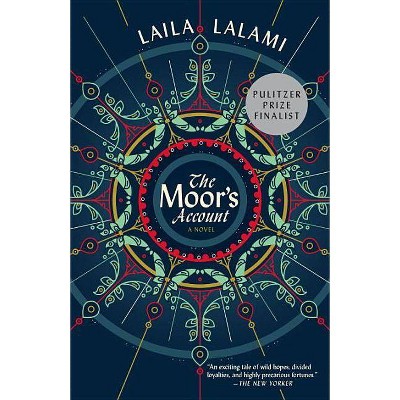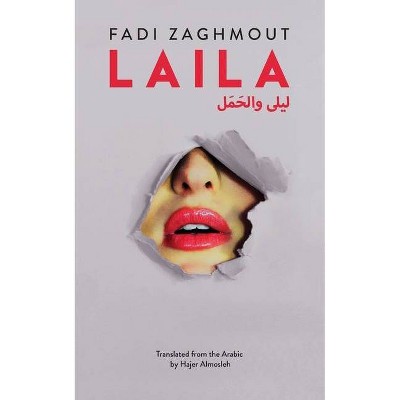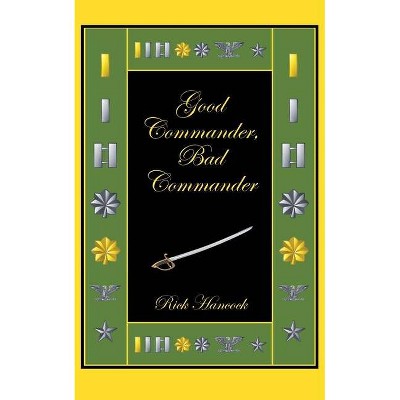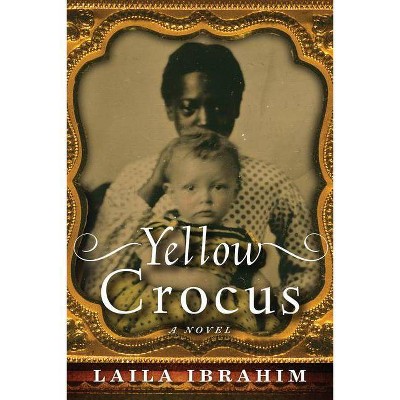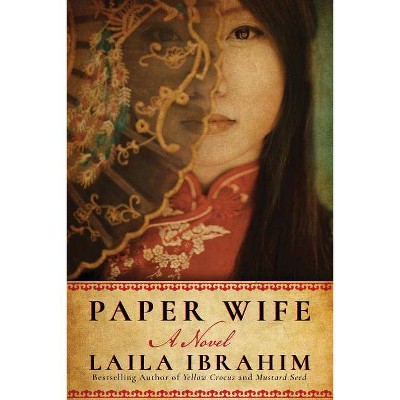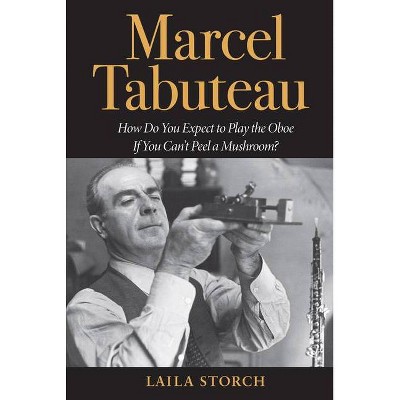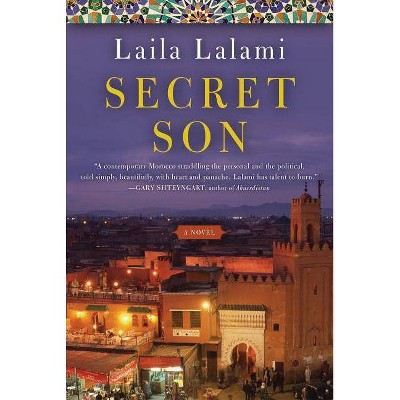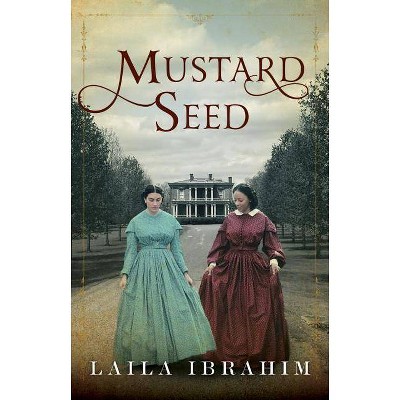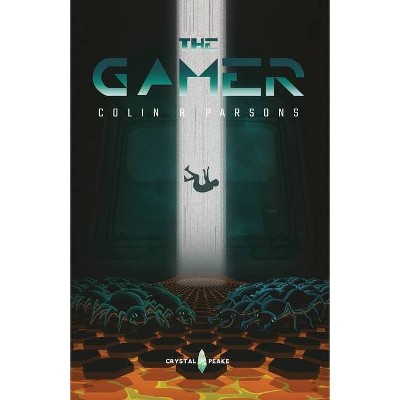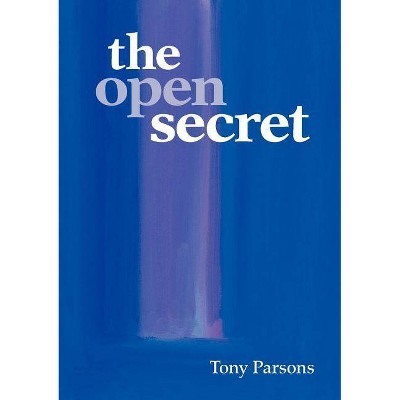The Commander - by Laila Parsons (Paperback)
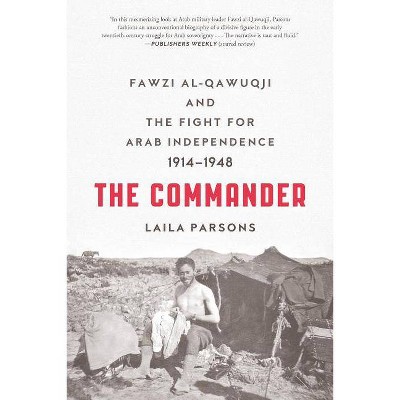
Similar Products
Products of same category from the store
AllProduct info
<p/><br></br><p><b> Book Synopsis </b></p></br></br><p><b>The definitive biography of the military leader who stood at the center of Arab politics for four decades</b> <p/>Revered by some as the Arab Garibaldi, maligned by others as an intriguer and opportunist, Fawzi al-Qawuqji manned the ramparts of Arab history for four decades. As a young officer in the Ottoman Army, he fought the British in World War I and won an Iron Cross. In the 1920s, he mastered the art of insurgency and helped lead a massive uprising against the French authorities in Syria. A decade later, he reappeared in Palestine, where he helped direct the Arab Revolt of 1936. When an effort to overthrow the British rulers of Iraq failed, he moved to Germany, where he spent much of World War II battling his fellow exile, the Mufti of Jerusalem, who had accused him of being a British spy. In 1947, Qawuqji made a daring escape from Allied-occupied Berlin, and sought once again to shape his region's history. In his most famous role, he would command the Arab Liberation Army in the Arab-Israeli War of 1948. <p/>In this well-crafted, definitive biography, Laila Parsons tells Qawuqji's dramatic story and sets it in the full context of his turbulent times. Following Israel's decisive victory, Qawuqji was widely faulted as a poor leader with possibly dubious motives. <i>The Commander</i> shows us that the truth was more complex: although he doubtless made some strategic mistakes, he never gave up fighting for Arab independence and unity, even as those ideals were undermined by powers inside and outside the Arab world. In Qawuqji's life story we find the origins of today's turmoil in the Arab Middle East.</p><p/><br></br><p><b> Review Quotes </b></p></br></br><br><p><b>Winner of the 2017 Palestine Book Award</b><br><b>Winner of the Society for Military History's 2017 Distinguished Book Award</b><br><b>Shortlisted for the Mavis Gallant Prize for Non-Fiction<br></b><br>In this remarkable study . . . [and] drawing on a wide range of Western and Arabic sources, Parsons paints a vivid and compelling portrait of a resolute fighter while not hiding her subject's more irritating characteristics . . . <i>The Commander</i> is more than a conventional biography; Qawuqji's epic is embedded in broader narratives, which take us to the heart of the modern Arab Middle East. <b>--Karma Nabulsi, <i>Times Literary Supplement</i><br></b><br><i>The Commander</i> is an intriguing reassessment of the Arab nationalist and military strategist, and crafts astudiously even-handed history of the Arab anti-colonial movement through 1948 . . . the real strength of Parsons' book lies in the rich, textured picture she paints. <b>--</b><b>Akin Ajayi, <i>Haaretz</i></b> <p/>With a subject so inspiring and provocative, <i>The Commander</i> never fails to interest. This is a fascinating biography . . . <i>The Commander</i> is a book as much for the lay reader as for the historian of Palestine. It can be read cover to cover as a well-told story of an adventurous life, with battles fought and visions formed and lost. But it is also an invaluable reference tool . . . Well-researched, presenting and analyzing many sources on this essential period of Arab history which were not previously available in English, <i>The Commander</i> is a lively read that is not short of depth nor contemporary importance. <b>--Selma Dabbagh, <i>The Electronic Intifada </i></b> <p/>Parsons . . . deserves credit for a meticulously researched account of an uncommon soldier who improvised his way through tumultuous times . . . Parsons's great achievement is to show the fuller picture of a man who is primarily regarded as a failure in battle and, by extension, a failure to the Arab nationalist cause . . . Recognizing his unique place within many of the earliest Arab nationalist efforts is critical in understanding the shape of the modern Middle East. <b>--Jackson Holahan, <i>The Christian Science Monitor</i><br></b><br>Parsons paints in her lively, exciting and informed text a . . . picture of a man who did his best in very difficult times and who was willing to die fighting for the cause of Arab freedom. Through Qawuqji's life, as Parsons shows, we can understandso much of the unhappy history ofthe Middle East from 1918 to 1948. <b>--Matthew Hughes, <i>The Middle East Journal</i></b> <p/>Fascinating . . . His is a story of ambiguities, contradictions, oversized ambitions and false hopes<b>--</b>in many regards a life perfectly suited to illustrate the Arab predicament in the first half of the 20th century. <b>--Michael Young, <i>The National </i>(Abu Dhabi) </b> <p/>Parsons has penned an unbiased 'definitive biography' of a controversial figure . . . Parsons has presented not only evocative descriptions of al-Qawuqji's life and times, but also compelling arguments to dispel some prevailing myths . . . An informative account. <b>--Waheed Rabbani, <i>The Historical Novels Review </i><br></b><br>In this mesmerizing look at Arab military leader Fawzi al-Qawuqji, Parsons fashions an unconventional biography of a divisive figure in the early 20th-century struggle for Arab sovereignty . . . The narrative is taut and fluid. Gliding along seamlessly, with a whole world unfurling like a carpet, al-Qawuqji emerges from these pages as an enigmatic, complex figure worthy of sustained scholarly attention. <b>--<i>Publishers Weekly </i>(starred review) </b> <p/>Parsons conveys the epic sweep of [al-Qawuqji's] life and his importance to Arab history . . . The effect . . . is to dismantle various myths and misinterpretations that have developed around the period . . . In addition to a much-needed biography of al-Qawuqji, the author provides a history of the heyday and collapse of Arab nationalism . . . [<i>The Commander</i> is] a remarkably evenhanded biography of an important player in Arab history that doubles as a crucial scholarly reinterpretation of the rise and fall of Arab nationalism. <b>--<i>Kirkus Reviews</i></b> <p/>Parsons captures Qawuqji as quixotic and charismatic, if at times desperate and reckless, and brings to the fore his relentless pursuit of a greater Arab state, despite sometimes insurmountable opposition from colonial powers, religious and ethnic groups, and other rebel leaders . . . In light of ongoing political upheaval in the Middle East, Parsons's coverage of this key figure and formative period is especially relevant. <b>--Sarah Grant, <i>Booklist</i></b> <p/>An outstanding book that tells the history of the Middle East from the First World War to the 1948 Palestine War through the life of one of the most influential Arabs of the twentieth century. Fawzi al-Qawuqji should be a household name for his role in the Arab world's failed struggles against European imperialism and Zionism. In this fascinating political biography, Laila Parsons restores Qawuqji to his rightful place and has produced one of the most important new works in modern Middle Eastern history. <b>--Eugene Rogan, author of <i>The Arabs</i> and <i>The Fall of the Ottomans</i></b> <p/>In <i>The Commander</i> we have, at long last, a thoroughly researched and well-written biography of Fawzi al-Qawuqji. As an Ottoman officer, an anticolonial rebel, and a commander, he left his mark on modern Arab history, which makes this definitive study of his life and times most welcome. <b>--Zachary Lockman, New York University</b> <p/>An indispensable account of the career of a remarkable Arab military leader whose life involved participation in most of the Middle East's major twentieth-century battles. <b>--</b><b>Roger Owen, Harvard University</b> <p/>Laila Parsons has rescued an important Arab nationalist from obscurity and clarified the many, often abortive, efforts of Syrian and Iraqi leaders to stop the founding of the state of Israel in 1947-48 and the imposition of British and French colonial rule in Arab lands. Her book is a triumph. Anyone seriously interested in the history of the Middle East should read <i>The Commander</i> with care. The sooner, the better. <b>--Robert Tignor, Princeton University</b> <p/>There has never been a better, more vivid retelling of the struggles, hopes, and bitter disappointments of the Arab East after the end of the Ottoman Empire than Laila Parsons's <i>The Commander</i>. After nearly a century, readers can finally see the post-Ottoman world through the eyes of those who fought mightily to shape it. The book is a triumph of the historian's craft. <b>--Michael Provence, University of California, San Diego</b> <p/><i>The Commander</i> vividly brings to life the historical landscape of the twentieth-century Arab world. Putting Arab perspectives front and center, Laila Parsons convincingly tells the story of the betrayal of the struggle for Arab independence between 1914 and 1948. This book is an important and long-overdue antidote to the orientalist fantasy of Lawrence of Arabia. <b>--Ussama Makdisi, Rice University</b> <p/>With great skill and impressive scholarship, Laila Parsons uses the extraordinary career of Fawzi al-Qawuqji as a prism through which to understand the tumultuous history of the eastern Arab world in the first half of the twentieth century. In a well-paced and lucid account, she succeeds admirably in bringing to life the hopes, struggles, and disappointments not only of Qawuqji but of many of his contemporaries. <b>--Charles Tripp, School of Oriental and African Studies, University of London</b> <p/>Laila Parsons's excellent new book combines a rare command of published memoirs with a novel interpretive reading of private papers in mostly unused archives. It tells us the unique story of one individual, but also the story of a people and a region. <i>The Commander</i> gives an important place to narrative and storytelling without sacrificing depth of analysis and interpretation. It is also quite remarkable in conveying the views not only of powerful colonial overlords but of the Arab populations they ruled. <b>--Leila Fawaz, Tufts University</b> <p/><i>The Commander</i> brilliantly encapsulates the tragic, broken history of the modern Middle East in the extraordinary and little-told story of one man, Fawzi al-Qawuqji. His epic but ultimately doomed odyssey of Arab liberation weaves through the collapse of an empire and the creation of the contemporary status quo. Written in a fluent and compelling style, <i>The Commander</i> is essential reading for anyone wishing to understand both the tortuous history and the current tragedy of today's Middle East. <b>--Carne Ross, author of <i>The Leaderless Revolution</i> and founder of Independent Diplomat</b> <p/>The many tales of Fawzi al-Qawuqji are a pure joy to read for specialists and a revelation for general readers. Most startling is how Qawuqji overturns everything we thought we understood about World War I from T. E. Lawrence and the Arab Revolt. Laila Parsons is to be commended for capturing the marvel and immediacy of events in vivid, clear prose. This unforgettable portrait of Qawuqji rises to the pinnacle of a new biographical literature on the Middle East. <b>--Elizabeth F. Thompson, University of Virginia</b></p><br><p/><br></br><p><b> About the Author </b></p></br></br><b>Laila Parsons </b>is an associate professor of history and Islamic studies at McGill University. She is the author of <i>The Druze Between Palestine and Israel, 1947-49</i>.
Price History
Price Archive shows prices from various stores, lets you see history and find the cheapest. There is no actual sale on the website. For all support, inquiry and suggestion messages communication@pricearchive.us
